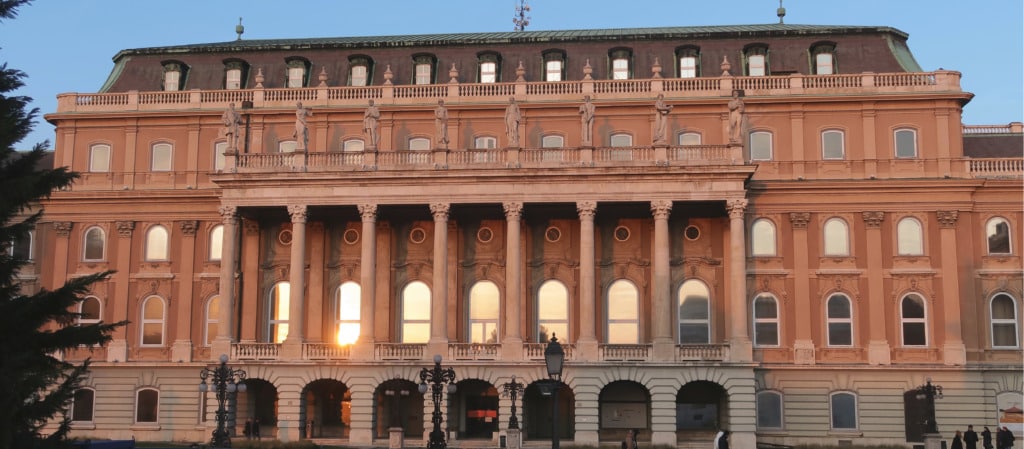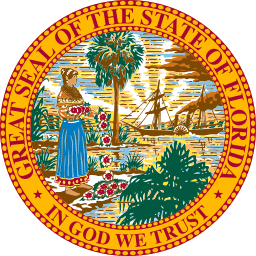Cert Grant in Climate Case
The Supreme Court has added a climate case to its docket. In Suncor Energy Inc. v. County Commissioners of Boulder County, local governments sued fossil fuel companies in Colorado state court to recover for damages they sustained as a result of climate change. The complaint includes claims for public and private nuisance, civil conspiracy, unjust…
Continue ReadingProduct Use Restrictions as a Bar to Personal Jurisdiction
Exploding lithium battery cases against Samsung SDI Company, a South Korean defendant, have raised interesting personal jurisdiction issues. Litigants have not always done a good job of advancing the strongest factual and legal arguments, as a recent decision from the Fifth Circuit, Ethridge v. Samsung, makes clear. The cases, including B.D. by & through Myers…
Continue ReadingA Narrow Interpretation of the FSIA’s Expropriation Exception
Introduction Three generations of the Herzog family have sought to recover some $100 million in artwork stolen by Hungarian government officials and Nazi collaborators during and following World War II. The looted works included pieces by the renowned artists El Greco, Renoir, and Monet. To the family’s disappointment, the Court of Appeals for the D.C….
Continue ReadingHappy New Year!
TLB will be on break until January 6, 2026. We wish you all the best in the new year!
Continue ReadingNo Injunction Against Florida Alien Ownership Law
After briefly enjoining the enforcement of Florida’s SB 264, the Eleventh Circuit has reversed course in Shen v. Simpson. The court of appeals held that most of the plaintiffs lack Article III standing and that those with standing are unlikely to succeed on the merits of their claims. It thus affirmed the district court’s denial…
Continue ReadingNYC Event on Enforcement of Foreign Arbitral Awards
An upcoming panel addresses personal jurisdiction, forum non conveniens, immunity, and the enforcement of foreign arbitral awards. It will be held in New York City as part of the 20th Annual Fordham Conference on International Arbitration and Mediation. Details: November 21, 2025 9:30 – 11:00 a.m. | Award Enforcement and Personal Jurisdiction in the United…
Continue ReadingPig-Butchering, Crypto, and Preliminary Injunctions
The US government just announced its largest forfeiture action ever, seeking $15B in Bitcoin from defendants in Cambodia who allegedly swindled victims in the United States and around the world. The indictment alleges a form of fraud known as “pig-butchering,” one of several kinds of crypto-related fraud beginning to generate significant transnational civil litigation in…
Continue ReadingWhen Are Frozen Assets “Blocked” Assets?
The U.S. government’s efforts to quash the attachment of Iranian assets by victims of state-sponsored terrorism have been rejected by the D.C. Circuit. In Estate of Levin v. Wells Fargo Bank, N.A., the court of appeals reversed Judge Boasberg’s decision in favor of the government, and apparently created a split with the Fifth and Seventh…
Continue ReadingInternational Law Weekend!
This year’s International Law Weekend, an event offered by the International Law Association, takes place October 23-25 in New York City. The program has several panels that may be of interest to TLB readers, including these two: Crisis, Courts, and Sovereigns: Rethinking Immunity and Enforcement in a Shifting Global Order Friday, October 24, 11:30AM-12:45PM in…
Continue ReadingThe New State Capitalism and Foreign Sovereign Immunity
As governments play an increasingly aggressive and direct role in capitalist economic systems (the “new state capitalism”), the line between sovereign and commercial conduct may become more difficult to draw for the purposes of foreign sovereign immunity. For example, Switzerland acted in some ways like a private investment bank when it negotiated a 2023 deal…
Continue Reading






